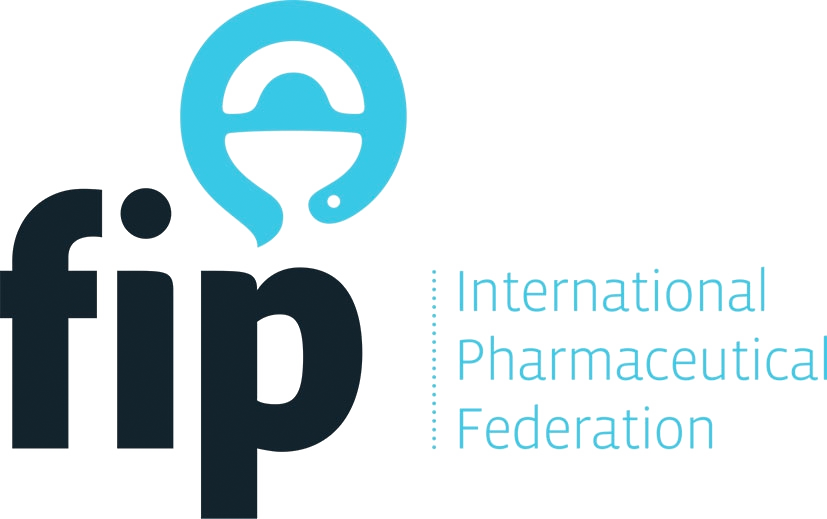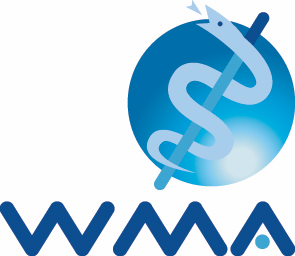I am speaking on behalf of FDI World Dental Federation, supported by the World Health Professions Alliance (WHPA), representing over 31 million nurses, pharmacists, physical therapists, dentists, and physicians in over 130 countries.
We thank the Secretariat for its report which highlights that many Member States are failing to prioritise and most importantly fund access to water, sanitation and hygiene (WASH) services.
As health care professionals (HCPs) we understand and witness the impact of sub-optimal hygiene and the scarcity of water and sanitation equipment on patients, families and providers. Our professions have the duty to “do no harm” and this is sometimes impossible to uphold without adequate WASH services. We would like to stress that this is both a patient safety issue and an issue that affects the work environments and the health and wellbeing of our workforce.
We are extremely concerned by the Secretariat’s statement in Clause 1 of its report that WASH in primary health care facilities are even less available than in other service areas. Since a strong PHC system is the tool to achieve UHC, investing in PHC must include investing in WASH.
In many health care facilities HCPs are working with limited material resources, are understaffed and working in dangerous conditions. Additionally, not all people working in the facilities are aware of essential hygiene requirements, how to implement it and of how it contributes to patient safety and quality care. As such, WASH is often not prioritised.
We urge governments to allocate resources to develop, implement and monitor WASH standards, incentivise facility leaders to implement these standards and offer continuing development and training for HCPs. The five moments of hand hygiene should be widely adopted into training. Training should also include information on how to secure WASH during and after disasters or emergencies.




